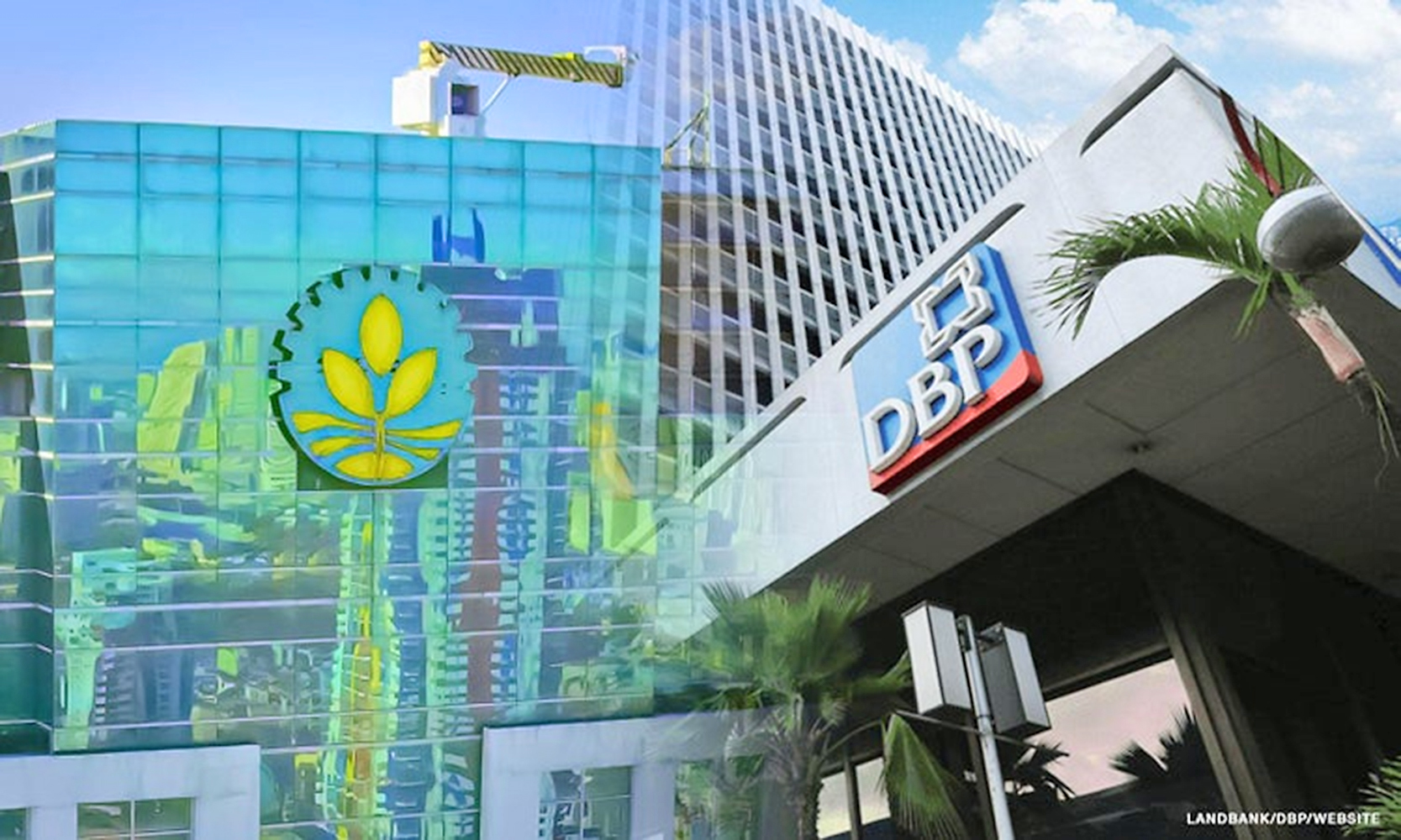A private sector economist has cited the potential benefits of state-owned banks venturing outside of traditional investment outlets like through the proposed Maharlika Investment Fund.
Rizal Commercial Banking Corp. chief economist Michael Ricarfort, however, on Saturday told Daily Tribune that the decision of government banks to invest should not only be driven by returns on equity, or RoE, but also in serving their mandates.
Ricafort issued the assessment when sought to comment on Senator Francis Escudero’s appeal that the RoE threshold of LandBank of the Philippines and Development Bank of the Philippines under the MIF should be set at seven percent.
The RoE threshold pertains to the minimum return an investor expects. It is influenced by factors like how risky the investment is, liquidity, and inflation.
Escudero said the two banks should not be allowed to go bankrupt as they invest billions of pesos in the MIF.
Ricafort shared Escudero’s sentiment that government banks must first be afloat if they are to continue funding underserved sectors like farmers for LandBank and small, medium and micro industries for DBP.
Ricafort, said farmers and MSMEs are “not readily served by private banks and other financial institutions.”
“These loans may not be too profitable but are crucial for food sufficiency or security and for the development of rural or countryside areas,” he said.
Escudero has called for more “earning guarantees” in the MIF bill, which the Senate intends to approve before the legislative break comes next week.
He said the seed money from LandBank and DBP in the MIF must earn more than their current average investment yield of six percent.
“The idea is that the LandBank and DBP should grow the money and not go bankrupt. Remember, the bill makes their equity compulsory,” Escudero said.
“So, in exchange, will there be guarantees as to their returns as well?” he asked.
As presently worded, the MIF “is a leap of faith to the great unknown,” Escudero said. He added he has yet to hear a full explanation of how much the two banking giants will earn from their Maharlika investments.
LandBank and DBP, during the hearings, said they were earning on average, six to eight percent. As such, Escudero suggested averaging them to seven percent as their minimum return on equity.
“You have to give LandBank and DBP a return of at least seven percent per annum on what they invested in the MIF. On top of that is the two percent administrative fee cap the MIF corporation may use,” he pointed out.
Senate Bill 2020 or MIF states that of the total authorized P500 billion in capital stocks of the MIF, the initial P125 billion worth of common stocks to be subscribed by the national government amounting to P75 billion shall be fully paid respectively by LandBank (P50 billion) and DBP (P25 billion).
“Then we have to factor in inflation. So easily, the yield will be in the two-digit zone. In any investment pitch, the income output is the most important bottom line,” Escudero said.
“An investment is made because one is convinced that it will make money. Not behest. Not something coerced through legislation,” Escudero pointed out.
While the proposed measure allows the two banks to seek regulatory relief from the central bank if their position falls below standards, Escudero said “this should not happen.”
“And to dangle this as the standard reply to issues validly raised is not the comforting answer we want to hear. Once a regulatory relief is sought “that means the banks already lost a lot of money,” he said.
